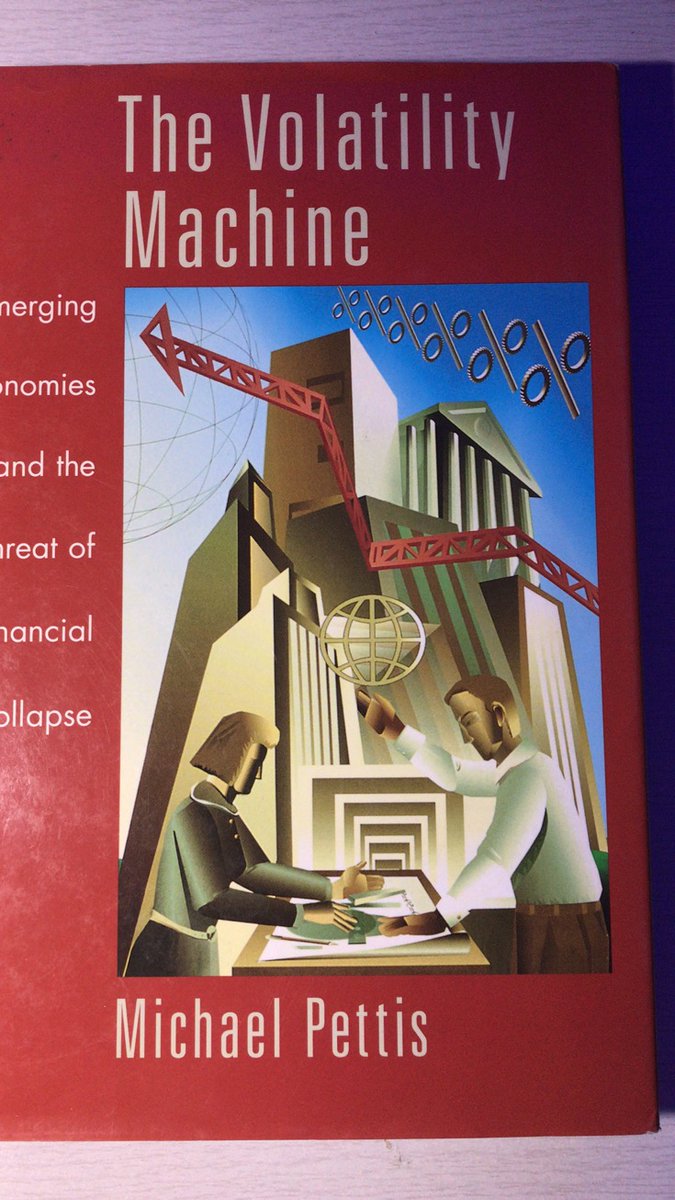
1/6
Zhou Xin is right to argue that China would be better off if the economic and social discrimination from which migrant workers suffer — "the unfair treatment of the country’s 285 million migrant...
scmp.com/economy/china-… via @scmpnews
Zhou Xin is right to argue that China would be better off if the economic and social discrimination from which migrant workers suffer — "the unfair treatment of the country’s 285 million migrant...
scmp.com/economy/china-… via @scmpnews
2/6
workers" — were reduced or eliminated, but I would propose that there are institutional reason why this cannot be achieved as part of the "Common Prosperity" development model.
workers" — were reduced or eliminated, but I would propose that there are institutional reason why this cannot be achieved as part of the "Common Prosperity" development model.
3/6
The problem is that Common Prosperity involves fiscal redistribution and donations from businesses and the wealthy ("tertiary distribution") and, as I explain in an upcoming OpEd piece, is designed...
The problem is that Common Prosperity involves fiscal redistribution and donations from businesses and the wealthy ("tertiary distribution") and, as I explain in an upcoming OpEd piece, is designed...
4/6
to raise household income without raising wages and so undermining China's export competitiveness. Among other things it does this by forcing the cost of income rebalancing onto businesses and the wealthy.
to raise household income without raising wages and so undermining China's export competitiveness. Among other things it does this by forcing the cost of income rebalancing onto businesses and the wealthy.
5/6
But the problem of migrant workers cannot be resolved through either redistribution or tertiary distribution. It can only really be resolved by the gradual elimination of hukou restrictions. This means that the cost of rebalancing the income of migrant workers...
But the problem of migrant workers cannot be resolved through either redistribution or tertiary distribution. It can only really be resolved by the gradual elimination of hukou restrictions. This means that the cost of rebalancing the income of migrant workers...
6/6
won't be borne by businesses and the rich, as Common Prosperity proposes, but must be borne by local governments. This is much more difficult politically, and less populist, than what Common Prosperity is currently proposing.
won't be borne by businesses and the rich, as Common Prosperity proposes, but must be borne by local governments. This is much more difficult politically, and less populist, than what Common Prosperity is currently proposing.
• • •
Missing some Tweet in this thread? You can try to
force a refresh




